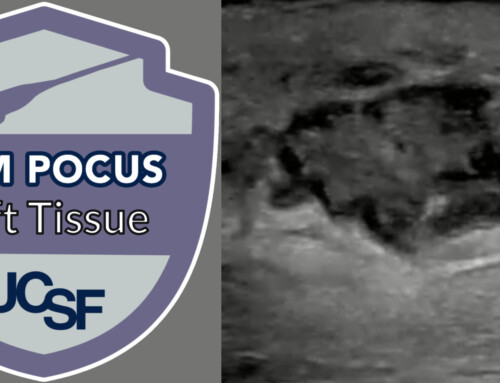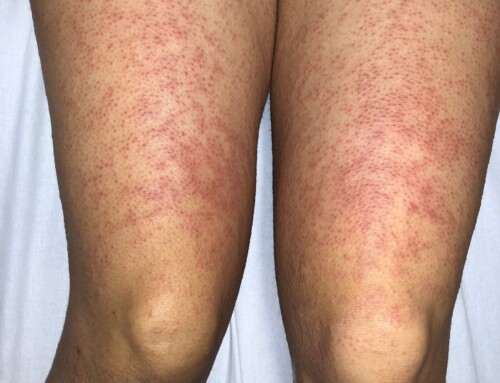Left ventricular free wall rupture happens in about 2% of all patients with acute myocardial infarction.
Rupture typically occurs about 3-5 days after infarction.
There are 3 classifications, Type I–III, which are dependent on the time of rupture from when the infarction occurred. Rupture occurs near the edge of where necrotic myocardium meets healthy myocardium. Treatment for left ventricular rupture is supportive with blood pressure management in the immediate setting. If the patient does survive acute rupture, surgical correction can be performed if feasible. Prognosis is dependent on multiple factors, but overall prognosis is poor with mortality near 100%.
This patient was diagnosed with left ventricular free wall rupture after bedside ultrasound was performed. The patient’s previous myocardial infarction happened four days prior to presentation. The patient survived her weeklong hospital stay and elected for medical management only. The patient was discharged home in stable condition.








